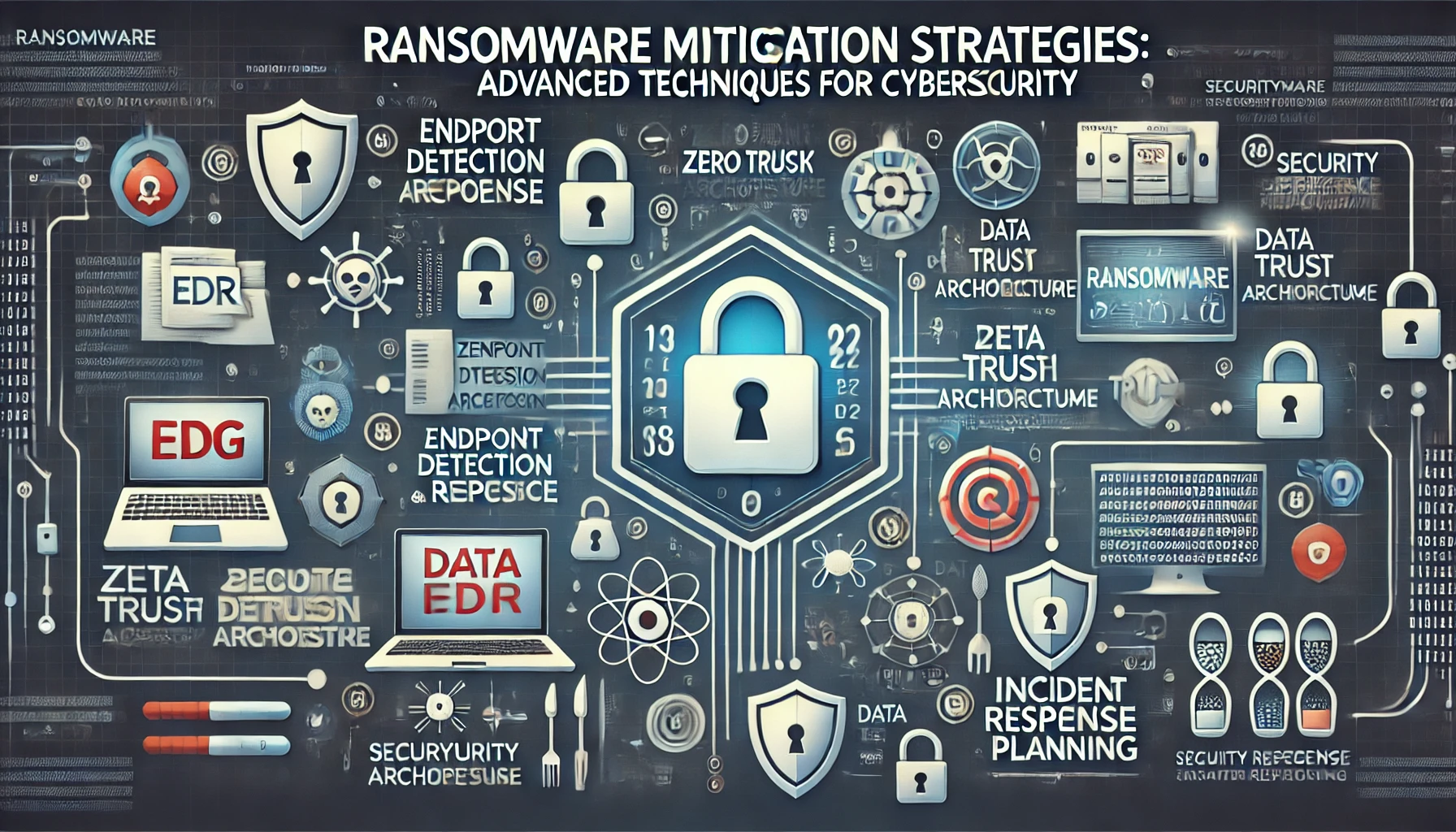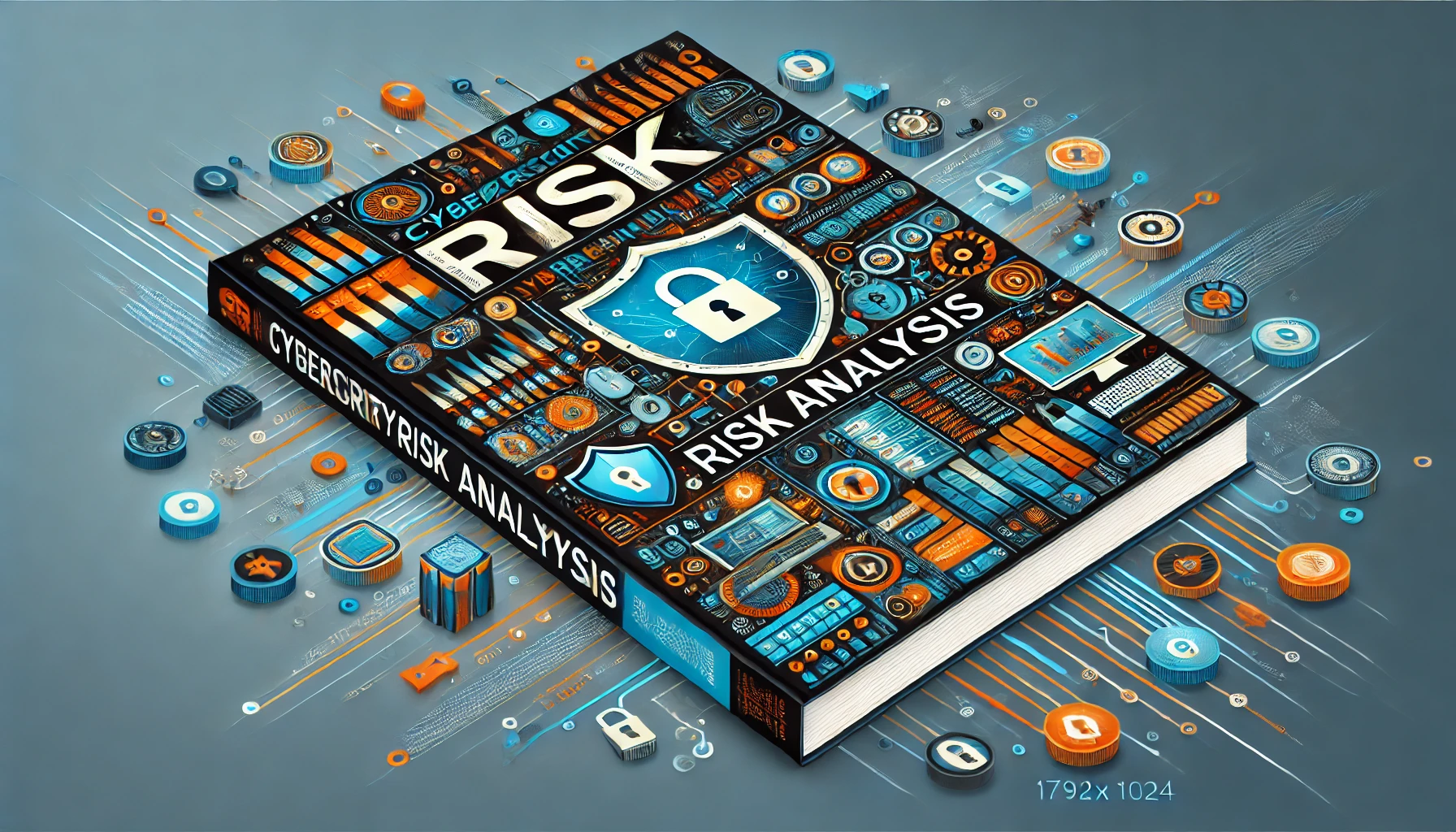
Ransomware Mitigation Strategies: Advanced Techniques for Cybersecurity
Ransomware attacks continue to pose a significant threat to organizations worldwide. To combat this growing menace, it is essential to implement advanced ransomware mitigation strategies that go beyond traditional security measures. In this blog post, we will explore some cutting-edge techniques that can help bolster your cybersecurity defenses and protect your sensitive data from ransomware threats.
1. Endpoint Detection and Response (EDR)
EDR solutions are crucial for early detection and response to ransomware attacks. These tools monitor endpoint devices for suspicious activities, such as file encryption and unusual network behavior, and provide real-time alerts to security teams. By deploying EDR solutions, organizations can swiftly identify and contain ransomware threats before they escalate.
2. Zero Trust Architecture
Zero Trust Architecture is a security model that assumes zero trust in both internal and external networks. By implementing strict access controls, multifactor authentication, and continuous monitoring, organizations can minimize the risk of ransomware infiltrating their systems. Zero Trust Architecture ensures that only authorized users and devices can access sensitive data, reducing the attack surface for cybercriminals.
3. Data Backup and Recovery
Regularly backing up critical data is essential for ransomware mitigation. In the event of a ransomware attack, organizations can restore their systems from clean backups, minimizing data loss and operational downtime. It is crucial to store backups offline or in a secure cloud environment to prevent ransomware from encrypting them.
4. Security Awareness Training
Employee education plays a vital role in ransomware mitigation. By providing comprehensive security awareness training, organizations can empower their staff to identify phishing emails, suspicious links, and other common ransomware attack vectors. Educated employees are better equipped to detect and report potential security threats, strengthening the overall cybersecurity posture of the organization.
5. Incident Response Planning
Having a well-defined incident response plan is essential for effective ransomware mitigation. Organizations should conduct regular tabletop exercises to test their response procedures and ensure that all stakeholders are familiar with their roles and responsibilities during a ransomware incident. A proactive and coordinated response can help minimize the impact of ransomware attacks and expedite the recovery process.
By implementing these advanced ransomware mitigation strategies, organizations can enhance their cybersecurity defenses and mitigate the risk of falling victim to ransomware attacks. Stay vigilant, stay informed, and stay secure.
Stay Connected with Secure Debug
Need expert advice or support from Secure Debug’s cybersecurity consulting and services? We’re here to help. For inquiries, assistance, or to learn more about our offerings, please visit our Contact Us page. Your security is our priority.
Join our professional network on LinkedIn to stay updated with the latest news, insights, and updates from Secure Debug. Follow us here







